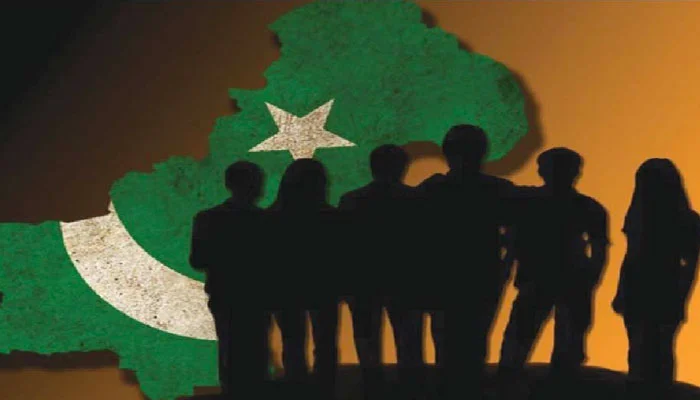Pakistan is a young country — not just in spirit, but in statistics. As of 2025, over 65% of the population is under the age of 30, and millions of them belong to Gen Z — those born roughly between 1997 and 2012.
For decades, Pakistan’s political power has rested in the hands of the older generation. But today, a silent revolution is brewing — powered by smartphones, social media, and political awareness. Gen Z is rising. And they’re not here to stay quiet.
📊 The Numbers Don’t Lie
- Over 25 million registered voters in Pakistan are between the ages of 18 and 25.
- In the 2024 General Elections, youth turnout in urban centers like Lahore, Karachi, and Islamabad increased by over 15%.
- Political parties have started targeting youth directly through Instagram, TikTok, and YouTube.
🔥 What Makes Gen Z Politically Different?
1. Digitally Native
Gen Z grew up with the internet, YouTube debates, and political podcasts.
They’re informed, opinionated, and not easily manipulated by traditional media.
2. Cause-Driven
They care about real issues: climate change, mental health, freedom of speech, education reforms, gender rights, and youth employment — not just party slogans.
3. Independent Thinkers
They are less loyal to party lines and more likely to vote based on values and performance, not dynasty or regional politics.
4. Fearless Voices
This generation isn’t afraid to call out hypocrisy, challenge political narratives, or demand answers from those in power.

📢 How Gen Z is Reshaping Pakistani Politics
📱 1. From Streets to Screens
Protests and political campaigns now happen online and offline.
One tweet, reel, or TikTok video can shift public opinion or expose a scandal within hours.
🎓 2. Student Political Revival
There’s growing demand to restore student unions in universities. Gen Z is reclaiming campuses as spaces for political awareness and leadership training.
✊ 3. Grassroots Mobilization
Many youth-led NGOs, community projects, and political youth wings are actively engaging in voter awareness, civic education, and local development.
Challenges AheadYouth and Voting Power: How Gen Z is Changing Pakistan’s Politics
- Lack of political education in schools
- Manipulation through fake news or influencers
- Urban-rural gap in access to information
- Limited space in mainstream political parties for youth voices
But despite these challenges, the momentum is undeniable.
💡 What Needs to Happen Next?
- Lower voting barriers: Easier CNIC + registration for students
- Involve youth in policy-making, not just rallies
- Promote civic education in school curriculums
- Respect digital activism as a valid political tool
- Give youth leadership roles in political parties
🧠 Final Thoughts
Pakistan’s future won’t be decided by TV debates or drawing room politics anymore.
It will be shaped by the courage, clarity, and conviction of its youth.
Gen Z is no longer waiting to be heard. They are speaking, organizing, voting, and leading.
In a country hungry for honest leadership and real reform, Gen Z might just be the political hope we’ve been waiting for.
